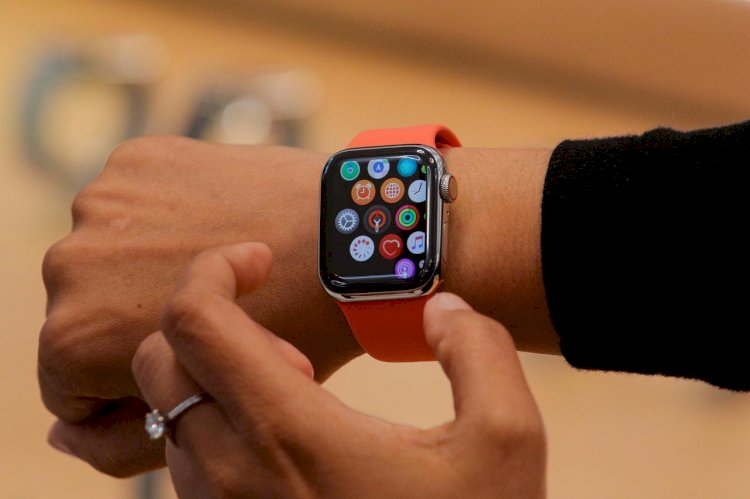Apple and Johnson & Johnson are collaborating on a new study to see whether Apple Watch will minimize stroke risk
Cardiologist C. Michael Gibson is heading up a virtual research study that uses wearable technology and cutting-edge apps to help detect atrial fibrillation, one of the biggest risk factors for stroke.

On 25th Feb 2020, Apple and Johnson & Johnson announced a new study called Heartline to examine atrial fibrilation and early detection of stroke using the Apple Watch. A new study called Heartline to find out whether the Apple Watch would help reduce the risk of stroke and early detection of atrial fibrillation (AFib).
AFib is a form of irregular heart rhythm occurring when the upper and lower chambers of the heart fail to beat in sync. Blood clots can therefore form in the heart and migrate to the brain making AFib one of the most common causes of stroke. About AFib there are many unknowns and as there are often no signs, many people who have it remain undiagnosed.
Apple began offers AFib monitoring on the Apple Watch Series 4 in December 2018. Using the Apple Watch, a function lets users run a quick test to see if they may have AFib. These consumers can then, if appropriate, take the findings into a doctor for further examination and testing. Over the past few years, Apple has laid the groundwork for introducing new wellness features and research into its devices. The company sees wellness as one of its main growth areas in the future and employs thousands of doctors to integrate more technology into its products.
“The Heartline Research is a national, randomized, regulated, app-based, interactive research study that is funded by Janssen Pharmaceuticals, Inc., a member of Johnson & Johnson's Janssen Pharmaceutical Companies, "the companies said. "The team has worked together with Apple to develop the research study and the Heartline Project app.”
Open enrollment for the new study starts on Feb 25th, 20th. For traditional Medicare and an iPhone 6s or later model running iOS 12.2 or newer it is available to anyone 65 years old or older. "It will randomize qualifying participants into one of two different categories. One community will be interested only by using the Heartline Study app on their iPhone, "explained Johnson & Johnson. "In addition to getting an Apple Watch to use the ECG app and irregular rhythm warning feature, the other community will be participating by using the study app on their iPhone. Participants who already own an Apple Watch may also be eligible to join the study, with some limitations.”
Participants selected from the Apple Watch group can either buy a watch at a discounted price or borrow a loan watch at no cost. At the end of the study, those who borrow must return the watch. The exact price of the discount was not disclosed.
In November, Apple and Stanford released the results of an earlier heart test. It was the largest of its kind, and was published in Medicine's The New England Journal. The study involved 419,000 participants over 8 months, and found that an irregular pulse warning was received by just over 2,000 individuals. However, the findings were debated and many agreed that they were still preliminary.



























